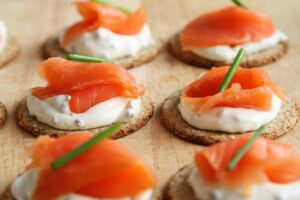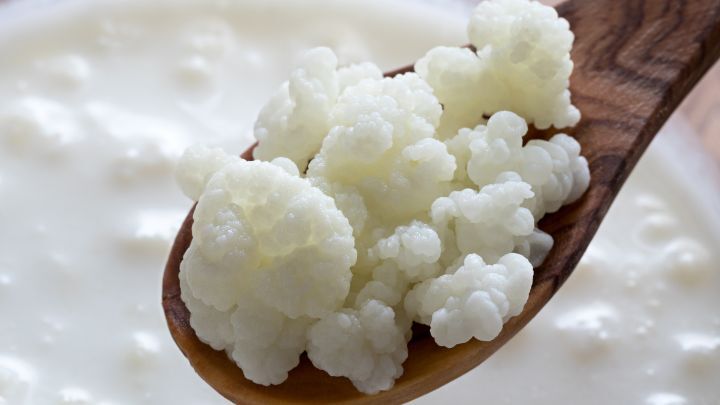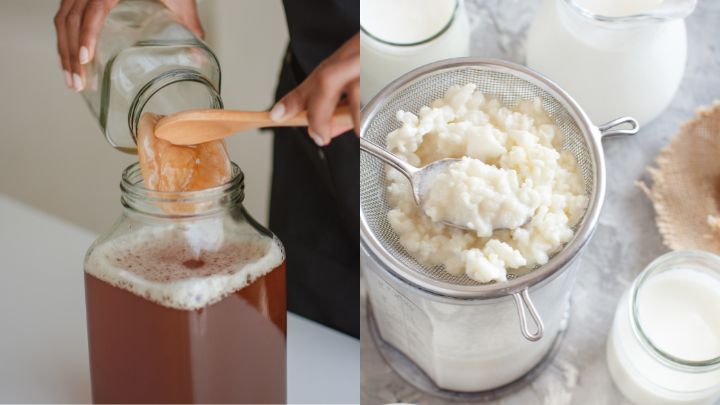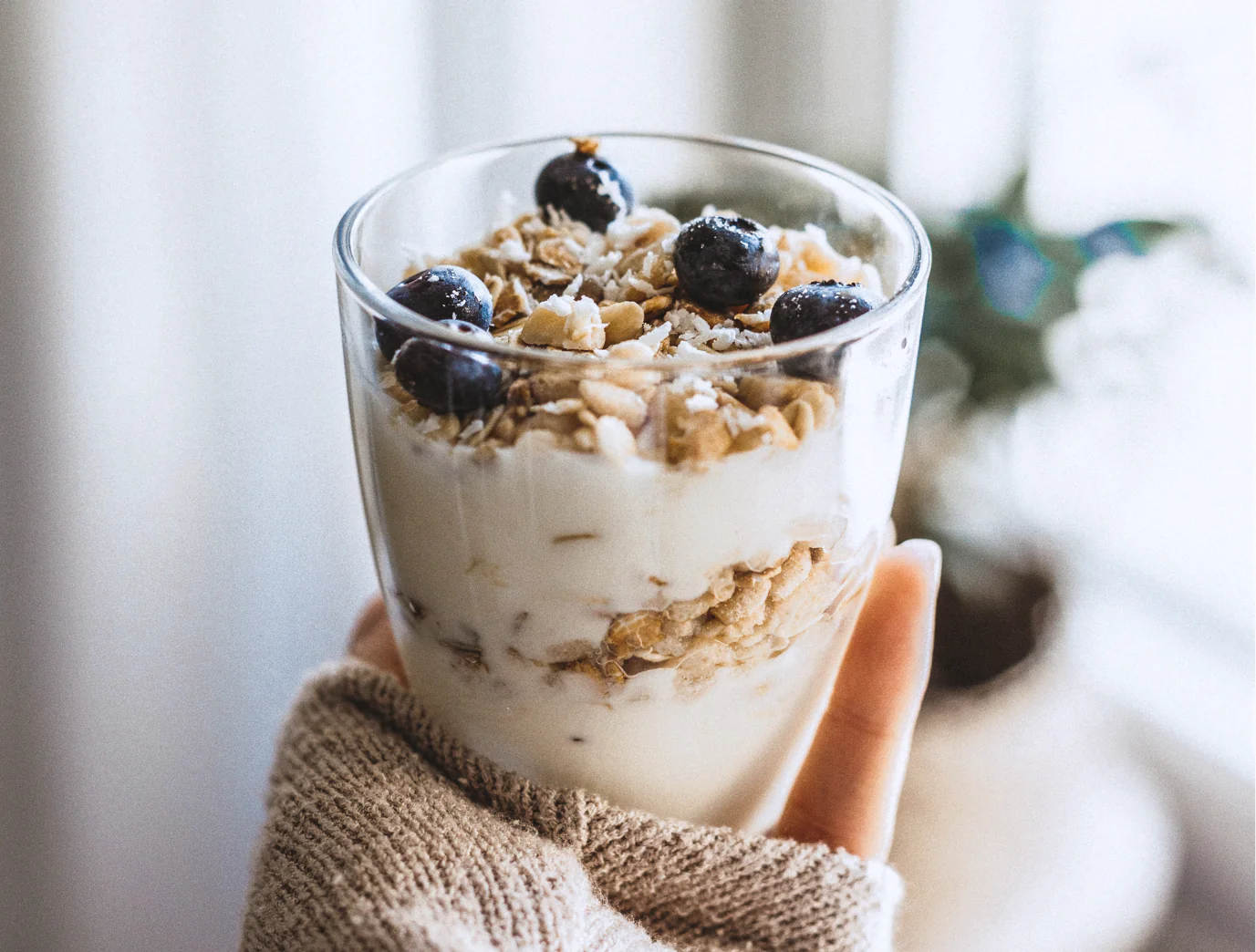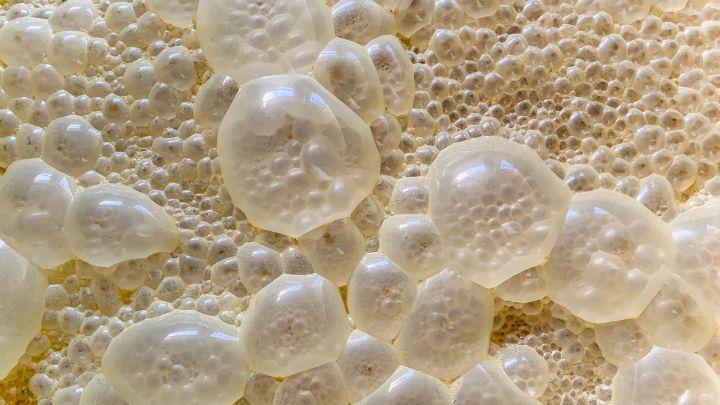There’s a hidden universe thriving within your body. It’s composed mainly of bacteria that significantly outnumber their eukaryotic and archaeal counterparts.
These microscopic inhabitants are found across various internal and external surfaces—each environment, from your skin to your saliva, playing host to a unique microbial community.
Yet, it is your colon that emerges as the undisputed microbial metropolis, harbouring around 100 trillion microbes. This is part of your gut and large intestine.
This concentration dwarfs the microbial populations in other areas, such as your skin or mouth, by orders of magnitude.
Your body is a complex, living mosaic of microbial life, with your colon at its vibrant core. You are not alone.
If you’ve been keeping up with current health trends, you’re probably aware of the growing interest in the “human microbiome”, especially regarding gut health.
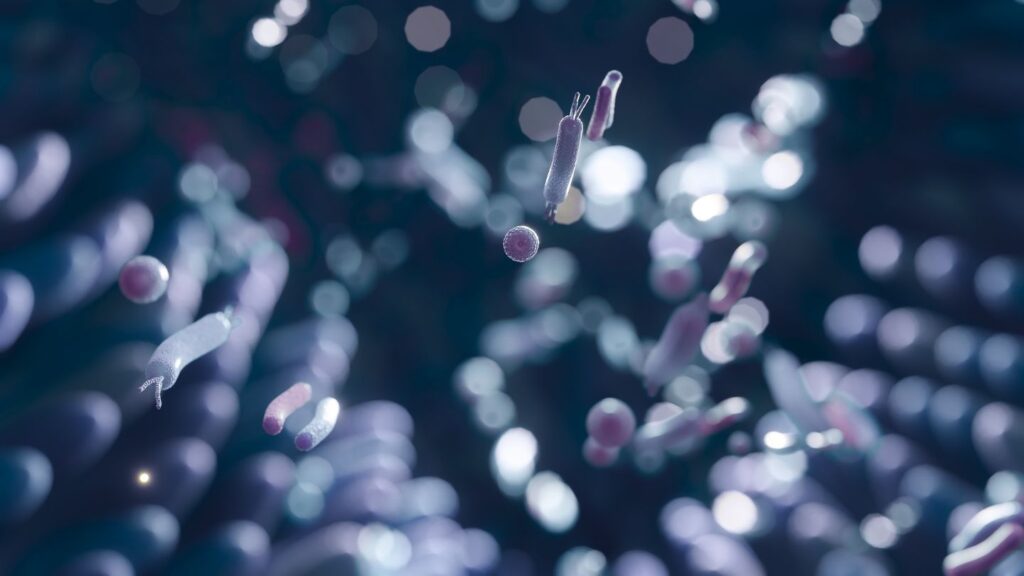
Apart from analysing personal faecal samples for scientific research, consuming probiotics and prebiotics also gained quite some fame. What are these, and how do they differ from each other?
This article at Avea aims to help you optimise your gut health by delving into the unique properties of probiotics and prebiotics. We’ll explore their individual roles, the science-backed benefits they offer, and how they contrast and complement each other.
In this article
Free guide to reverse your biological age

- Master the science of rejuvenation.
- Apply proven tips to turn back the clock.
- Transform your health with top longevity specialists.
How important is gut health?
Gut health is a critical aspect of overall wellness. It is often described as the cornerstone of general health.
Your gut is more than just a digestive organ. It also plays a key role in your immune system, mental health, and chronic disease prevention.
A healthy gut contributes to a strong immune system, effective digestion, and may even help prevent some cancers and autoimmune diseases.
The connection between gut health and mental well-being, often termed the “gut-brain axis,” highlights the significant impact your gastrointestinal system has on your mood and mental states.
Studies have shown that a healthy gut can lead to
- improved mood
- reduced anxiety
- lower risk of psychiatric disorders
Gut health is also linked to metabolism and weight management. Your gut microbiome affects the way your body stores fat, balances blood glucose levels, and responds to hunger hormones.
What does gut microbiome mean?
The microbiome is defined as all the bacteria, viruses, fungi, archaea, and eukaryotes that inhabit the human body.
Collectively referred to as the “second human genome”, the gut microbiome in particular is now being considered a separate “organ” with distinct metabolic and immune activity.
Still a new field, scientists are on a quest to figure out ‘’who’’ is there, and what they are trying to do in our gut.
These trillions of microorganisms living in us at anytime, are not just passive inhabitants; they interact with our body in a symbiotic relationship, influencing health and disease.
This complex ecosystem varies from person to person and is influenced by factors like diet, lifestyle, and environment.
The diversity of these microorganisms in your digestive tract is crucial for gut health.

A more diverse microbiome generally being associated with better health outcomes.
Your microbiome plays several vital roles. Gut bacteria are involved in
- harvesting energy from food
- balancing the good versus bad bacterial composition
- manufacturing neurotransmitters such as serotonin
- producing enzymes and vitamins like vitamin K and B.
They are also involved with immune and metabolic functions, and also play a crucial role in maintaining the integrity of your gut wall, preventing harmful substances from entering your bloodstream.
Probiotics vs. prebiotics
At the heart of this dynamic world are two key players – probiotics and prebiotics. You don’t need any PhD in life sciences to understand these. We got you covered.
Prebiotics are essentially the fuel that feeds the beneficial bacteria in your gut, whilst probiotics are the actual live bacteria that reside within your intestinal flora.
These 2 components work in harmony, sustaining a delicate balance that affects everything from digestion to immune function.
Despite their interlinked roles, prebiotics and probiotics possess distinct characteristics and benefits that are often overlooked or misunderstood. So let’s dive in.
What are probiotics?
Probiotics are live microorganisms that, when consumed in adequate amounts, confer a health benefit on the host. They are often referred to as “good” or “friendly” bacteria because of their beneficial effects on the body.
Probiotics belong to various bacterial groups, with the most common being Lactobacillus and Bifidobacterium. Each group comprises different species, and within each species, different strains. Long story short, they are numerous and diverse.
Yeast, a type of fungus, can also act as a probiotic. Saccharomyces boulardii is one of the well-studied yeasts in this category. The effectiveness of a probiotic depends on its specific strain and the quantity consumed.
Avea’s solution: Revolutionising probiotics delivery
We partnered with Nordic Biotic, a renowned Danish leader in probiotic research. With patent-deposited strains validated through in vitro and clinical studies, Nordic Biotic ensures our 10 strains synergise for optimal gut health.
Their rigorous scientific approach guarantees efficacy and safety, providing a solid foundation for enhancing overall well-being.
Experience Avea’s next-gen probiotic supplement

- 4x probiotic survival: Advanced Duocap® technology
- Targeted gut-brain support: Panax Ginseng, 10 strains (30Bn CFUs), Vitamin B6 & B12
- Backed by science: 1000+ studies
How do probiotics work?
In your gut, probiotics function by balancing your gut microbiota. This is crucial for gut health and, by extension, overall health.
They compete with harmful bacteria for nutrition and attachment sites on your gut lining, effectively inhibiting the growth of harmful bacteria.
Probiotics also help strengthen your gut barrier, reducing the risk of harmful substances passing into your bloodstream.
They stimulate your immune system, enhancing your body’s ability to fight off pathogens. Probiotics also help in digestion and can enhance your body’s ability to absorb nutrients from food.
Health benefits of probiotics, backed by science
Scientific research has linked probiotics to a host of health benefits. They are known for their role in
- improving digestive health
- reducing symptoms of irritable bowel syndrome (IBS)
- helping combat antibiotic-associated diarrhoea
- enhancing mental health
- boosting the immune system
Sources of probiotics
Probiotics are naturally found in fermented foods or supplements like the Avea Biomind.
Yoghurt is one of the most common and accessible sources, especially those labelled with “live and active cultures.” Other fermented foods like kefir, sauerkraut, kimchi, and kombucha are also rich in probiotics.
Apart from these natural sources, probiotics are available as dietary supplements, offering a concentrated dose of specific strains. Incorporating a variety of probiotic-rich foods and supplements can contribute significantly to maintaining a balanced and healthy gut microbiome.

Faecal microbiota transplant, a treatment that dates back over 1000 years to Chinese practitioners and was first published as a modern therapeutic intervention in 1958. It’s the process by which a faecal sample from a “healthy” individual is transplanted into the gut via enema, nasogastric tube or colonoscopy of a diseased patient. It has been the most successful treatment for patients with antibiotic resistant C. difficile thus far. In fact, in 2012 a team of microbiologists, clinicians and public health professionals from M.I.T. established a non-profit organisation called OpenBiome to collect and store faecal samples for faecal microbiota transplant for C. difficile patients. This is a new era of “organ” transplant!
What are prebiotics?
Prebiotics are a type of dietary fibre that act as nourishment for the beneficial bacteria in your gut. Unlike probiotics, which are live beneficial bacteria, prebiotics are non-living substances.
They remain undigested as they travel through the upper part of your gastrointestinal tract and stimulate the growth or activity of advantageous bacteria that colonise the large bowel by acting as a food source for them.
The most common types of prebiotics are inulin, fructo-oligosaccharides (FOS), galacto-oligosaccharides (GOS), and resistant starch.
Each type has a slightly different structure and function, but they all serve the primary purpose of feeding beneficial gut bacteria.
How do prebiotics work?
By selectively stimulating the growth of beneficial bacteria, prebiotics help improve the gut flora balance. This is vital for optimal gut health and function.
When these beneficial bacteria ferment prebiotics, they produce short-chain fatty acids (SCFAs) like butyrate, acetate, and propionate.
These SCFAs are important for maintaining the health and integrity of your gut lining, preventing harmful substances from entering the bloodstream, and they also have a role in reducing inflammation in your gut.
Health benefits of prebiotics, backed by science
The consumption of prebiotics has been linked to a range of health benefits. Scientific studies have shown that prebiotics can
- improve digestive health
- enhance calcium absorption
- help in bone density improvement
- regulate the immune system
- boost positive mental health
Sources of prebiotics
Prebiotics are found naturally in many foods.
Common sources include garlic, onions, leeks, asparagus, bananas, and whole grains. These foods are rich in the fibres that act as prebiotics, promoting the growth of beneficial gut bacteria.
Apart from natural food sources, prebiotics are also available as dietary supplements.
Incorporating a variety of prebiotic-rich foods and supplements into your diet can significantly enhance your overall health and wellbeing.

Diet seems to be the most powerful influence of the gut microbiome. Processed foods containing emulsifiers and detergent-like compounds may damage the intestinal lining, potentially leading to “leaky gut” and systemic inflammation (contributing to inflammatory-based diseases such as diabetes and CVD). Fibres – including food-based resistant starch, soluble fibre and insoluble fibre are some of the key nutrients for promoting fermentation and ensuring a diverse microbiome. Such non-digestible dietary components are known as prebiotics, which stimulate the growth or activity of the gut microbiota.
Similarities between probiotics and prebiotics
Although distinct, they share a common goal: they both aim to enhance gut health. Both are involved in maintaining a balanced and healthy gut microbiome, crucial for overall health and well-being.
They are both also occurring naturally, and can be obtained through longevity supplements.
Key differences between probiotics and prebiotics
Besides the fundamental difference in their nature and function as mentioned above, they also have different stability and, thus, must be stored differently.
Probiotics, being live organisms, require careful handling and storage, often needing refrigeration to maintain their effectiveness unless specifically designed for room temperature stability in supplements. Prebiotics, however, are not living entities and are more stable, offering a longer shelf life without the need for special storage conditions.
Synergy between probiotics and prebiotics
They can work synergistically, a relationship often referred to as the ‘symbiotic’ effect. This synergy occurs when prebiotics help to nourish and increase the effectiveness of probiotics.
When taken together, prebiotics can enhance the survival and colonisation of probiotics in the gut, making them more effective.
This synergistic relationship means that combining prebiotics and probiotics can have a more beneficial effect on gut health than taking either alone.
Understand the science behind Avea’s Biomind

- Gut-mind axis: Discover how Biomind supports this crucial connection.
- Innovative technology: Learn about the advanced Duocap® that enhances probiotic survival up to 4x.
- Proven formulation: Understand the benefits of Panax Ginseng, 10 probiotic strains, and essential Vitamins B6 & B12.




